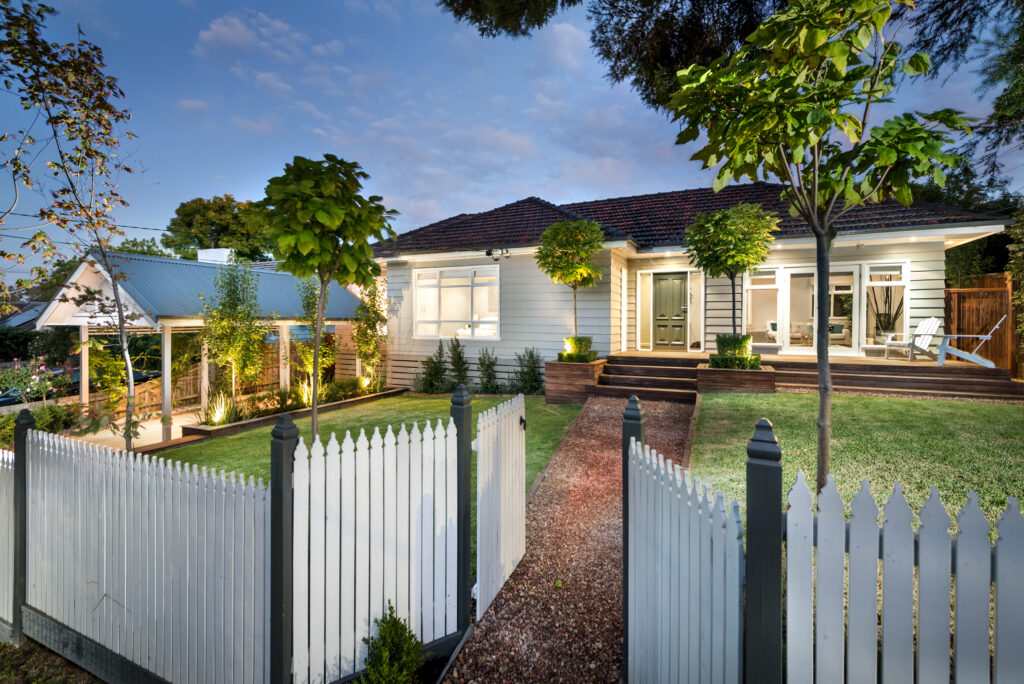Thinking of relocating but want to hold on to your current house as an investment property? Renting it out on the long or short-term can boost your cash flow.
Prior to putting it up for lease, ensure you complete these five essential tasks.
1. De-personalise the property
Even though you still own the property, it’s crucial to create an environment that makes your future tenants feel at home. When tenants are satisfied, they will make an extra effort to maintain it.
Remove the height measurements of the kids from the walls, relocate the family dog’s outdoor kennel, arrange for mail redirection and removal of any other personal belongings that were present when it was your home.
2. Fix those ‘maintenance issues’ early
If it’s broken, fix it. It might not seem like a big issue – maybe it’s just a small crack in the wall or peeling paint – but putting it off is just creating a future problem for yourself.
Making it a future problem may also turn a small issue into a big one. For example, a tired-looking deck now, could just need re-oiling but leaving it for later, could result in a full (and costly) deck replacement.
3. Do smart improvements
Smart improvements or upgrades can increase tenant interest and your rental rate. For example, if your tenant market is young families, installing a bathtub can be a good choice. A high-quality benchtop and easy-to-clean flooring options are always winners with professionals.
An additional point to consider is the timing of the improvement. If you make improvements while living in the property, you can’t claim depreciation on any new plant and equipment assets.
4. Clean
Your future tenants need to leave the property in the state it was first leased in (allowing for fair wear and tear). Your property manager will complete a condition report to ensure this happens.
To make sure you can keep your tenants accountable, it’s important to also do your own part. Your property manager could also recommend a reputable cleaner to get the job done.
5. Update your insurance policy
Your homeowner’s insurance won’t suffice if the property is an investment. You need the appropriate landlord insurance policy that will cover you for unique investment property specific events, like tenant damage and loss of rent.
Insurance policies differ between providers, so it’s important to read the fine print when choosing the best-suited policy for you.
6. Get a depreciation estimate
Too many people miss out on claiming thousands in depreciation deductions. Depreciation is the natural wear and tear of a property and its assets over time. As a property investor, you can claim this depreciation as a tax deduction each financial year, once the property is available for rent.
When you make your home an investment, contact a specialist quantity surveyor, like BMT Tax Depreciation, to provide a free depreciation estimate.
To learn more about depreciation and how you can claim it, contact BMT on 1300 728 726 or Request a Quote.





